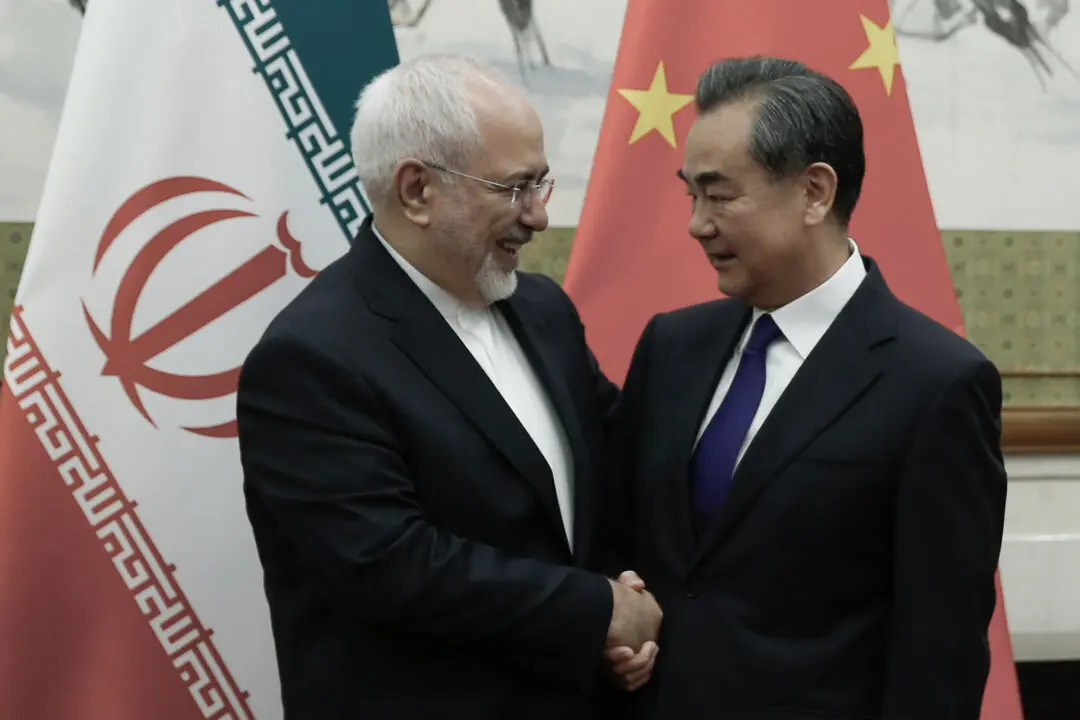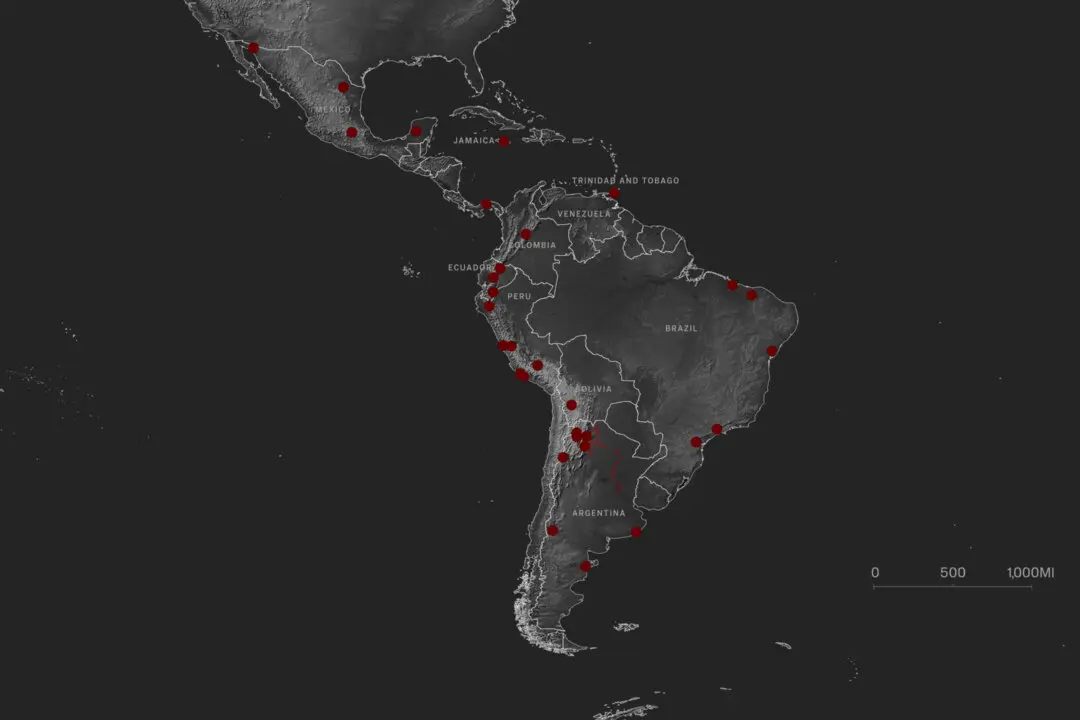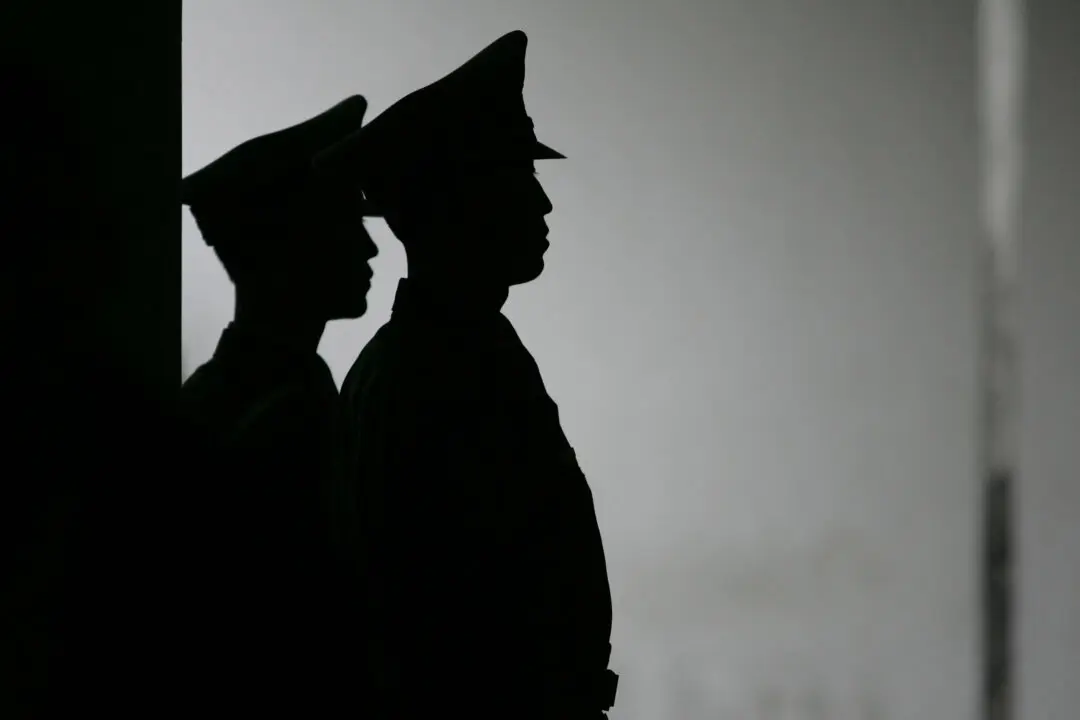Chinese tech giant Tencent quietly live-streamed two NBA preseason games, a week after a controversy involving a tweet about the Hong Kong protests prompted all official Chinese sponsors of the league to suspend ties.
Tencent, on the morning of Oct. 14, streamed two games: one between the Toronto Raptors and Chicago Bulls in Toronto, and another between Israel’s Maccabi Haifa and Minnesota Timberwolves in Minneapolis.





